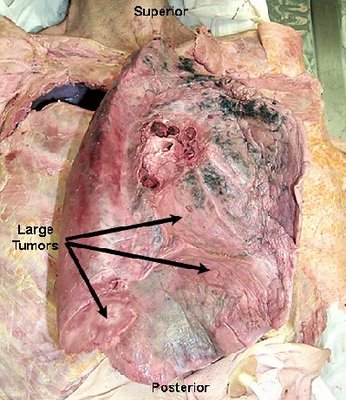Basic processes in the development of nursing theories
Nursing theories are often based on & influenced by broadly applicable processes & theories. Following theories are basic to many nursing concepts.
General System Theory
It describes how to break whole things into parts & then to learn how the parts work together in “systems”. These concepts may be applied to different kinds of systems, e.g. Molecules in chemistry, cultures in sociology, and organs in Anatomy & Health in Nursing.
Adaptation Theory
It defines adaptation as the adjustment of living matter to other living things & to environmental conditions.
Adaptation is a continuously occurring process that effects change & involves interaction & response.
Human adaptation occurs on three levels :
- 1. The internal (self)
- 2. The social (others) &
- 3. the physical (biochemical reactions)
Developmental Theory
- It outlines the process of growth & development of humans as orderly & predictable, beginning with conception & ending with death.
- The progress & behaviors of an individual within each stage are unique.
- The growth & development of an individual are influenced by heredity, temperament, emotional, & physical environment, life experiences & health status.
Common concepts in nursing theories
Four concepts common in nursing theory that influence & determine nursing practice are:
- The person (patient).
- The environment
- Health
- Nursing (goals, roles, functions)
Each of these concepts is usually defined & described by a nursing theorist, often uniquely; although these concepts are common to all nursing theories. Of the four concepts, the most important is that of the person. The focus of nursing, regardless of definition or theory, is the person.















No comments:
Post a Comment